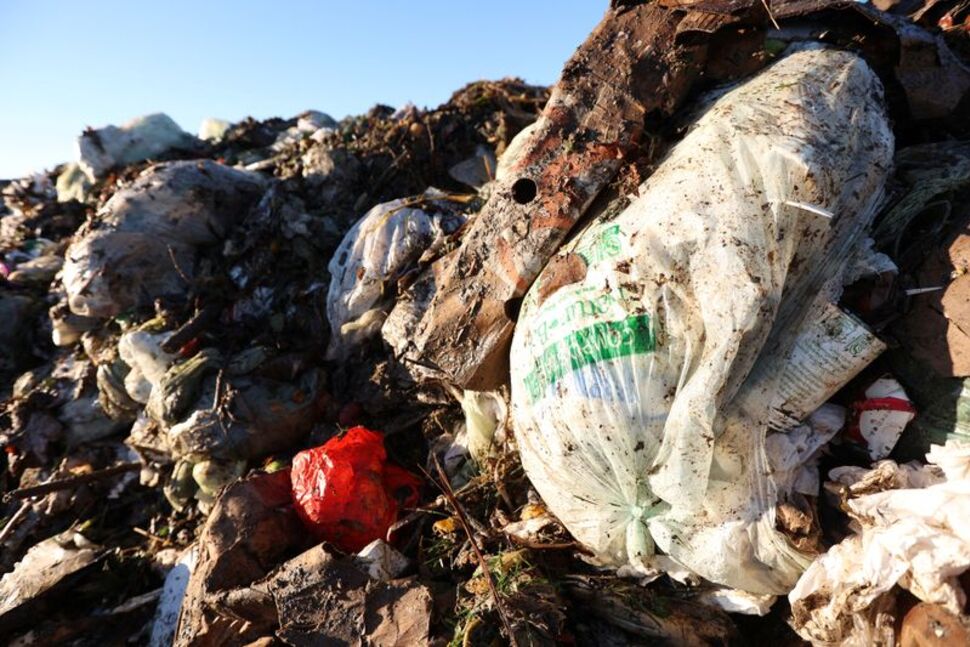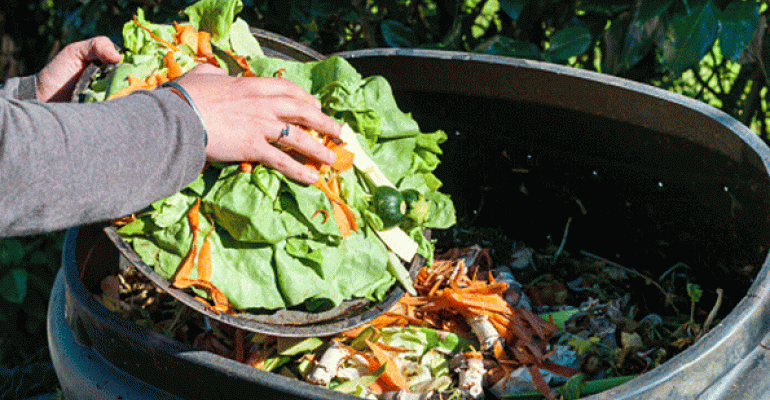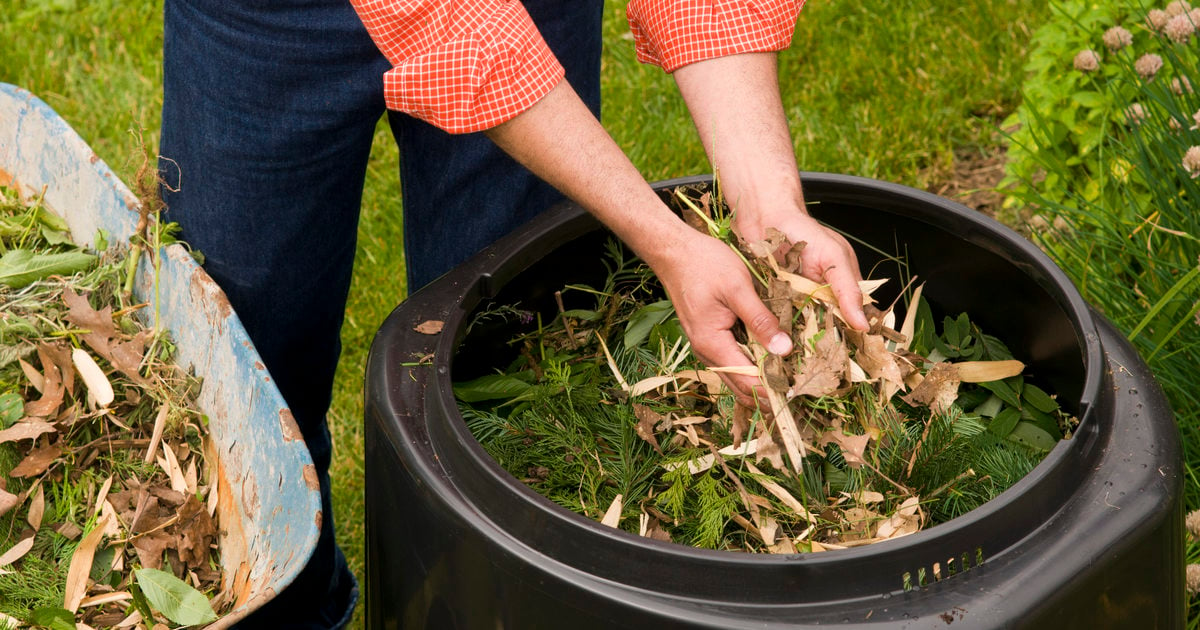This Thanksgiving , experts advise making less food !!!
According to the city’s Department of Sanitation, New York City, which is thought to be the world’s most wasteful city, created 5% more rubbish the week following Thanksgiving than it did during a regular week last year.
Environmentalists claim that people can contribute to a decrease in the quantity of trash dumped into landfills by composting leftovers, a process that transforms organic materials into nutrient-rich soil.
This Thanksgiving, environmentalists advise people to reevaluate how much food they prepare and how to handle leftovers.
The day before Thanksgiving in 2020, Andrew Wheeler, the administrator of the Environmental Protection Agency at the time, made a statement: “Over 70 billion pounds of food waste reach ours By preparing only what we need, minimizing food waste, and sharing or donating, we can reduce the amount of food that ends up in landfills and reduce methane emissions. what we can to feed others, we can all help people and the environment this holiday season.
Some American communities have implemented curbside composting, allowing citizens to deposit food waste in clearly marked bins for pickup.
If your neighborhood doesn’t offer this service, you can still bring your food waste to a community garden or compost drop-off facility. The Department of Sanitation in New York City is testing “smart bin” composting for simple food waste drop-offs.
These bins are dispersed throughout Lower Manhattan, and users can access them via an app to deposit organic waste; this waste will then be transported to nearby and regional composting facilities.
Additionally, experts advise Americans to donate excess nonperishable food to their community charities, freeze extra food for later consumption, and think about preparing less food.
The use of food composting has increased slightly over the past ten years, but it has not gained popularity as a method of handling food waste. The amount of municipal solid waste composting in the United States increased by 23% between 2010 and 2018. On the other hand, in 2018, only 4.1% of wasted food and other organic solid waste was composted.
By making up 24% of municipal solid waste, food is the material that contributes the most to landfills. Methane, a greenhouse gas that contributes to global warming and is released when organic waste like food decomposes, is primarily found in landfills in the United States.
According to EPA spokesperson Robert Daguillard, preventing food waste is one of the simplest and most effective steps you can take to save money, lessen your impact on climate change, and conserve natural resources.






